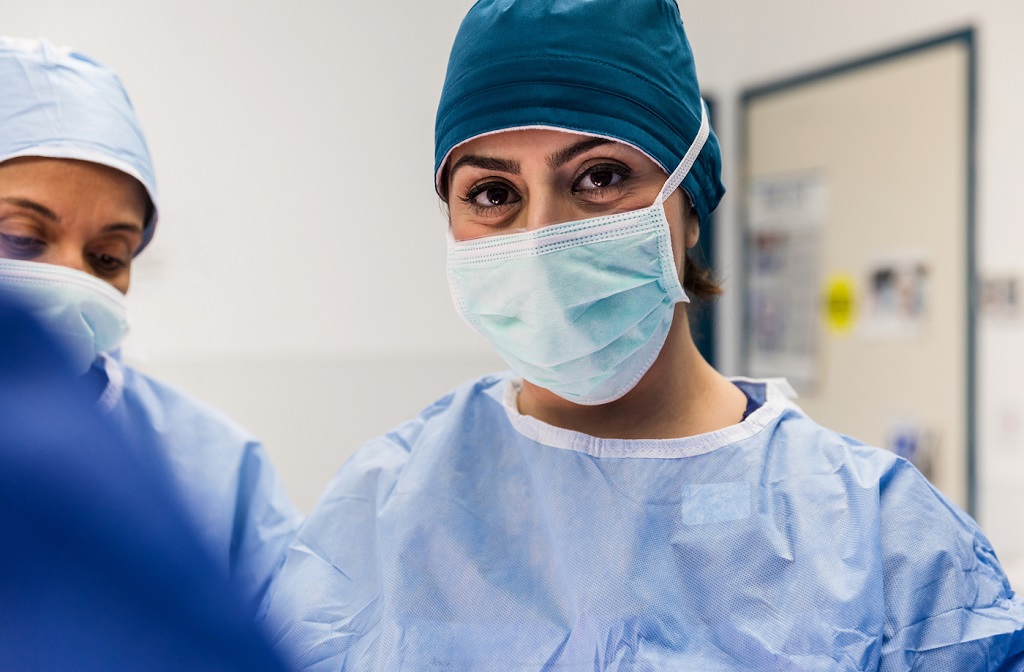What to Expect at Your Annual OBGYN Appointment
Regular OBGYN checkups are an important part of women’s health. Here’s what you can expect at your annual appointment during each major phase of life.

Late Teens and Early Twenties
Scheduling your first appointment for women’s health services Augusta GA is recommended as early as age 15. During the late teenage and early adulthood years, patients can discuss healthy sexual practices, contraception options, HPV vaccination, and how to conduct a self-exam at home to check for breast tissue abnormalities. Your first pap test is recommended at age 21 and, with normal results, should be repeated every three years.
Early Twenties to Mid Forties
This phase of life is considered child-bearing age for most women. Pelvic, breast and abdominal exams are now a routine part of checkups along with additional testing and examinations during pregnancy. Most medical professionals recommend regular testing for HPV starting at the age of 30. Those who are planning to become pregnant may wish to talk to their doctor about genetic screenings. Many times, patients may reevaluate their contraception options based on their current preferences and needs.
Mid Forties to Mid Fifties
In this stage, women are beginning to enter the perimenopausal and menopausal phase, when periods become more irregular before stopping completely. Most women experience unpleasant symptoms, including:
- Hot flashes
- Night sweats
- Mood swings
- Weight fluctuations
- Low energy
Your doctor may recommend lifestyle changes or treatment options to alleviate these issues. During this time, many women also begin additional testing, including bone density scans (usually after your period stops completely), mammograms (usually between the age of 40 and 45) and colonoscopies.
Mid Fifties and Beyond
At this age, most women have adjusted to menopause, although some hormonal changes may still occur. Some experts agree that pap tests are no longer necessary after age 65 unless there has been a history of abnormal results. Physical exams may be more thorough since patients are more at risk for developing certain types of cancers at this time.
Make regular OBGYN checkups a lifelong priority. These visits can help ensure good health while enabling early detection of certain diseases.













